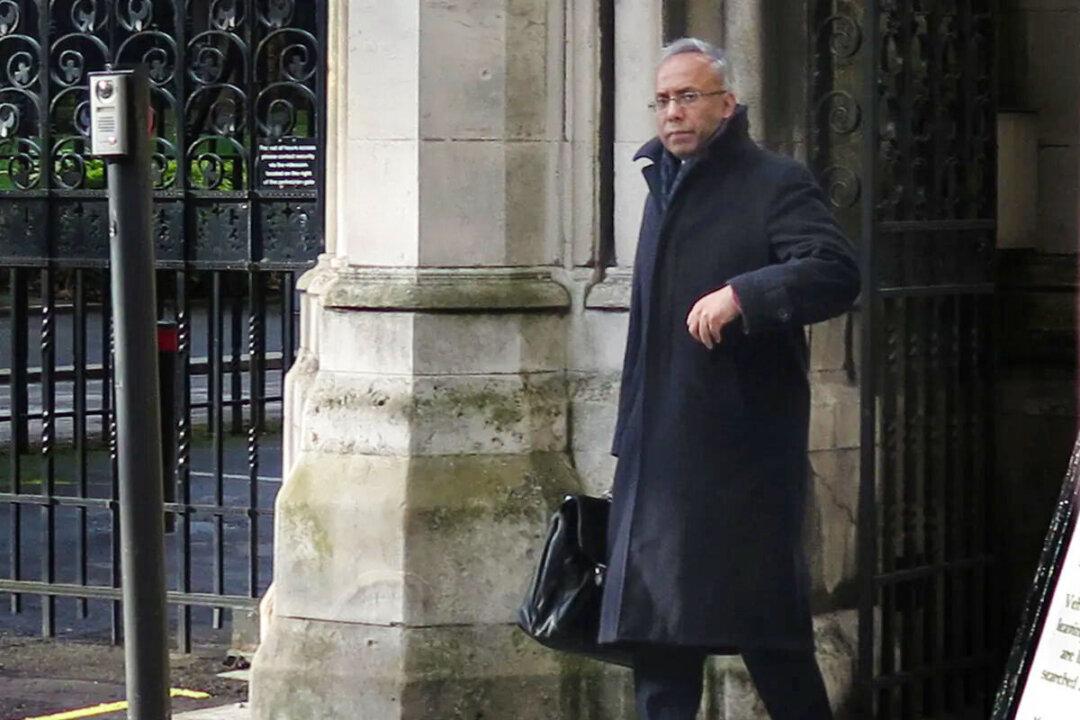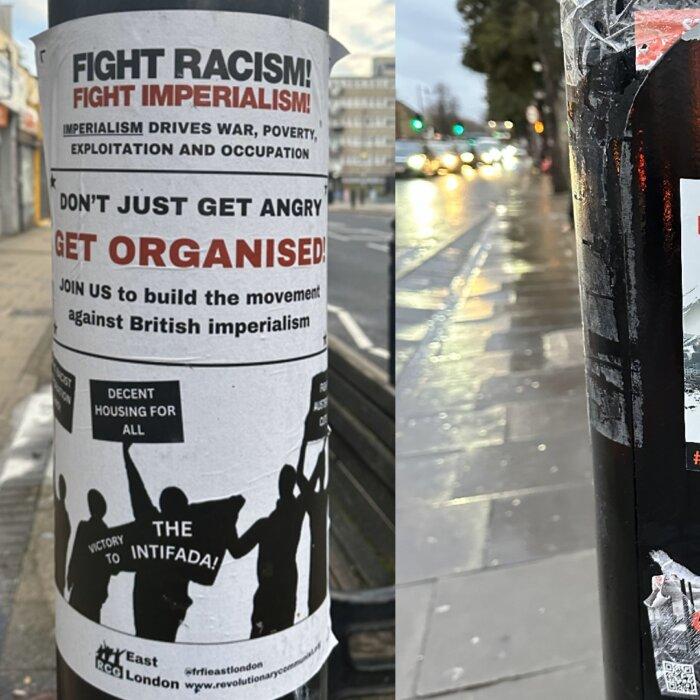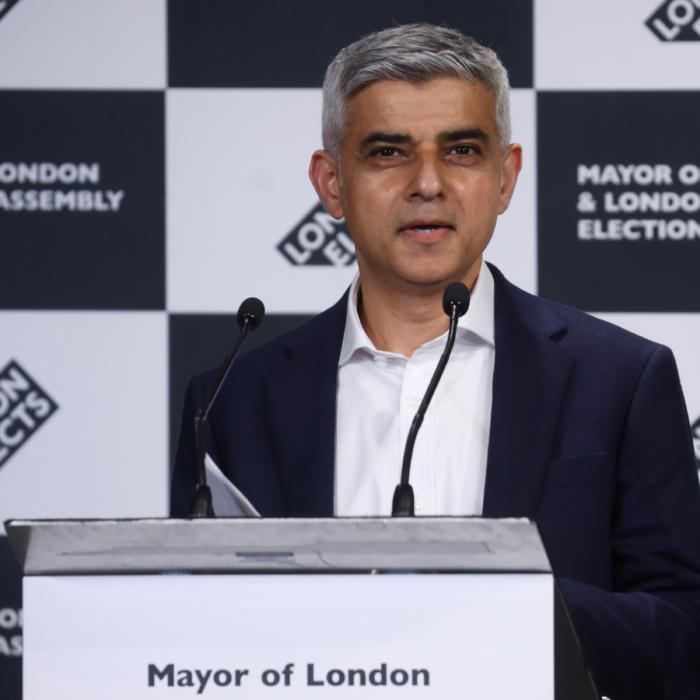Government officials will be sent in to oversee the running of an east London council with a history of corruption after inspectors uncovered major failings and a “toxic” culture.
An inspection of Tower Hamlets found that decision-making was dominated by an inner circle around the controversial mayor, Lutfur Rahman, who founded his own party, Aspire, after being deposed by the Labour Party.
Tower Hamlets covers a large swathe of east London, including historic districts like Bethnal Green, Bow, Stepney, and Whitechapel. Some 32 percent of the borough is of Bengali origin, including Rahman, who was originally elected as a Labour mayor but made a comeback in 2022 representing Aspire, which now runs the council.
Rahman has previously been the subject of a Channel 4 “Dispatches” documentary which linked him to an Islamist extremist group, the Islamic Forum of Europe, which was accused by the local Labour MP, Jim Fitzpatrick, of infiltrating both the council and the Labour Party. The former solicitor has always denied allegations of extremism and no criminal charges have been brought against him.
He was allowed to stand as a mayoral candidate again in 2022 after the ban on him serving expired, but the previous Conservative government sent inspectors into the council in February after concerns were raised about the authority’s culture and use of resources.
‘Churn’ of Good Staff
It added a lack of trust had led to “churn” at top management levels and inspectors noted “insufficient challenge to the executive and a perception among many staff that many good managers had left the organisation as a result of speaking truth to power.”Inspectors found the quality of governance was undermined by due process being treated as “an obstacle to priorities rather than as a necessary check and balance,“ with the council’s scrutiny culture described as “weak and confused” and the level of challenge “inadequate.”
A lack of trust across the “entire organisation” led the administration to be “suspicious and defensive in its behaviour,” inspectors said, which created a culture in which decisions were being taken on the basis of advice from a small group of the mayor’s trusted associates.
‘Culture of Patronage’
The statement added: “A culture of patronage, even if not at play in every appointment, is perceived as pervasive enough to undermine trust between members, staff and leadership, as well as with external stakeholders.”Inspectors noted the mayor had a “strong community focus,“ but added the “significant time and energy” spent in local communities appears to “distract from their critical and statutory strategic relationships.”
The inspectors also said that while the council has made improvements over the last two years, “this has lacked a strategic focus or a cultural prioritisation of continuous improvement.”
“The inspectors are sceptical of the council’s capability to self-improve,” they added.
McMahon said the evidence shows “a broad and supportive intervention package, with robust external assurance” is needed.
Envoys to Be Appointed
McMahon said that he was “minded to appoint a ministerial envoy and assistant envoy to act as adviser, mentor and monitor to the council, and to oversee its improvement work.”“They will also work closely with the board leads for governance, leadership and culture and partnerships to ensure the realisation of comprehensive programmes of cultural change and political mentoring.
“I am proposing directing the council to co-operate with the ministerial envoys, and to allow them all reasonable access to their premises, documents, employees or members in support of their work.”
In a statement, Tower Hamlets council said it was “committed to working with the government on our continuous journey of improvement.”
It added: “We welcome the government’s decision to appoint an envoy rather than send in commissioners, with a plan to work together with us on a support package, with the council retaining all its powers.
“We look forward to working with the ministerial envoy to build on the good peer review we received from the Local Government Association and an improved Investors in People inspection silver rating.”
It added that it had “disagreed with the justification” the previous government had given for the inspection, adding: “We appreciate the new government’s approach to local government improvement.
“We look forward to working in partnership with the new government and the envoy as equals, along with continuing to deliver for our residents and businesses.”







